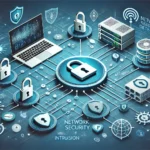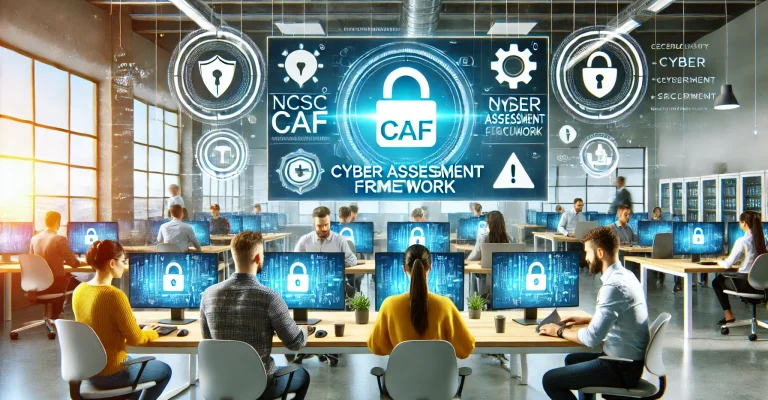Introduction
When it comes to cyber security, the acronym “CISSP” often appears as a hallmark of professional excellence. For those who are new or even somewhat familiar with the industry, CISSP—which stands for Certified Information Systems Security Professional—can raise several questions. What is it? Who is it intended for? How does it impact one’s career? At Cyber Made Simple, we thrive on demystifying complex subjects, making them easy for everyone to understand. In this comprehensive guide, we will explore CISSP from its foundational aspects to its career impact.

What is CISSP?
Overview
The Certified Information Systems Security Professional (CISSP) is a globally recognised cyber security certification. It is administered by the International Information System Security Certification Consortium, also known as (ISC)². With a focus on eight key domains, Certified Information Systems Security Professional serves as a validation tool to assess an individual’s competency and skill set in information security.
The Eight Domains
The CISSP certification is structured around eight fundamental domains that provide a well-rounded grasp of contemporary cyber security practices. These domains are:
- Security and Risk Management: Focuses on governance, compliance, and policy setting.
- Asset Security: Deals with protecting data assets, including classification and ownership.
- Security Architecture and Engineering: Covers the design and maintenance of a secure network architecture.
- Communication and Network Security: Focuses on securing a company’s communication channels.
- Identity and Access Management (IAM): Addresses control systems for user identity and access.
- Security Assessment and Testing: Highlights methods to identify vulnerabilities and mitigate risks.
- Security Operations: Concerns daily operations that ensure data and system integrity.
- Software Development Security: Addresses security measures within the software development lifecycle.
Who Should Consider CISSP?
Target Audience
Certified Information Systems Security Professional is not a certification that caters to beginners. Most CISSP candidates boast a minimum of five years of committed, full-time experience in at least two of the eight domains the certification covers. The credential is most beneficial for mid-level to senior professionals.
Relevant Job Roles
Those who obtain Certified Information Systems Security Professional certification often progress into or are already engaged in the following roles:
- Security Analyst
- Security Manager
- Chief Information Security Officer (CISO)
- Security Consultant
- IT Director/Manager
Why Choose CISSP?
Building Credibility
Certified Information Systems Security Professional’s global recognition adds immense credibility to your professional standing, making you an attractive candidate for employers.
Career Advancement
Several organisations considerCertified Information Systems Security Professional mandatory or highly recommended for upper-tier roles, effectively making it a stepping stone for career progression.
Networking
Being CISSP-certified adds you to a global directory of professionals, thus opening doors for networking that can be beneficial in countless ways.
Financial Upsides
On average, CISSP-certified professionals tend to earn a higher salary compared to their non-certified counterparts, making the certification financially lucrative.
Preparing for the CISSP Exam
Study Materials
- Study Guides: Publications like the ‘Certified Information Systems Security Professional All-in-One Exam Guide’ offer detailed insights.
- Online Courses: Platforms such as Udemy, Pluralsight, and (ISC)² itself provide exhaustive CISSP training.
Practice Tests
Mock tests available on various platforms can mimic the real exam’s environment, helping you identify your strong and weak points.
Peer Groups
Joining CISSP-focused forums or study groups can offer emotional and intellectual support, offering diverse perspectives and study strategies.
Conclusion
Earning a CISSP certification goes beyond just adding another line on your resume. It signifies your commitment to excelling in the ever-dynamic field of cyber security. It’s certainly not a cakewalk, but for those willing to put in the time and effort, the dividends—both professionally and financially—are substantial.
As always, the landscape of cyber security is continually evolving. Stay tuned to Cyber Made Simple, where we publish new articles every Monday to keep you updated in this complex world.














